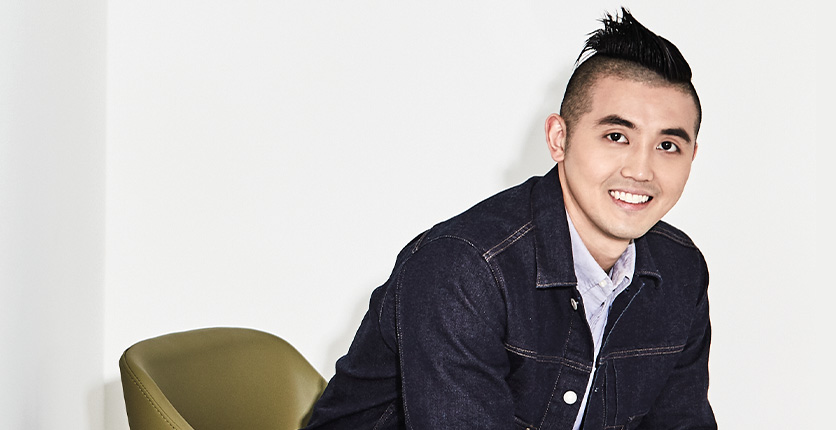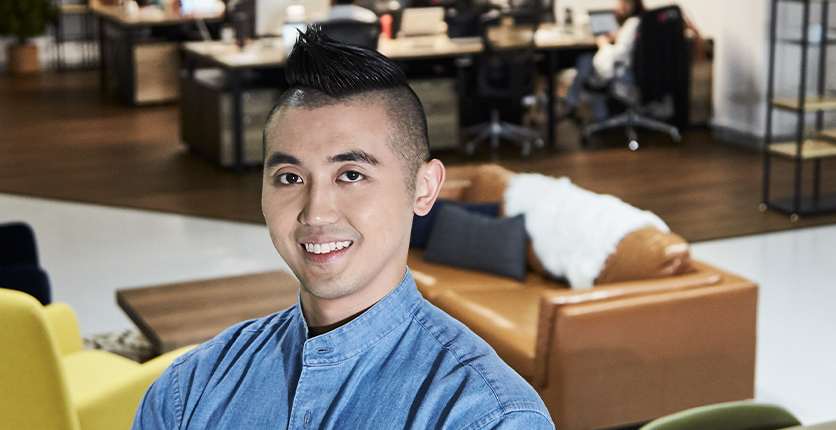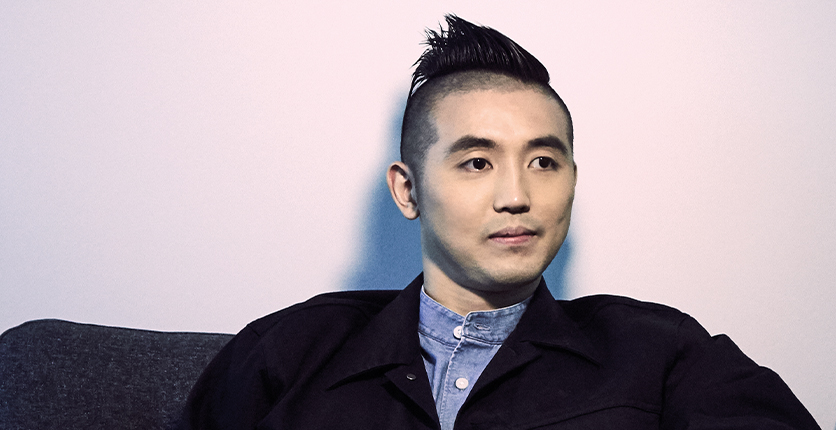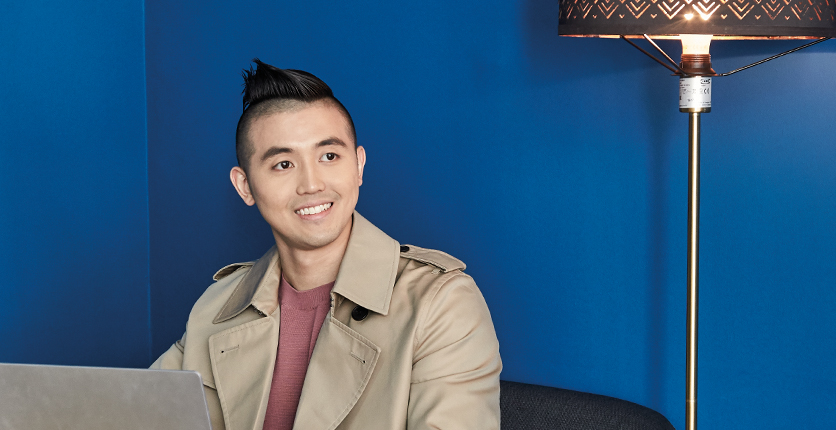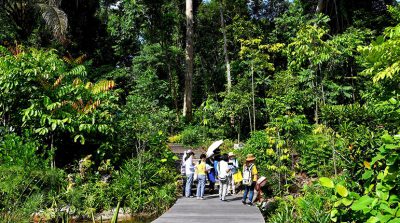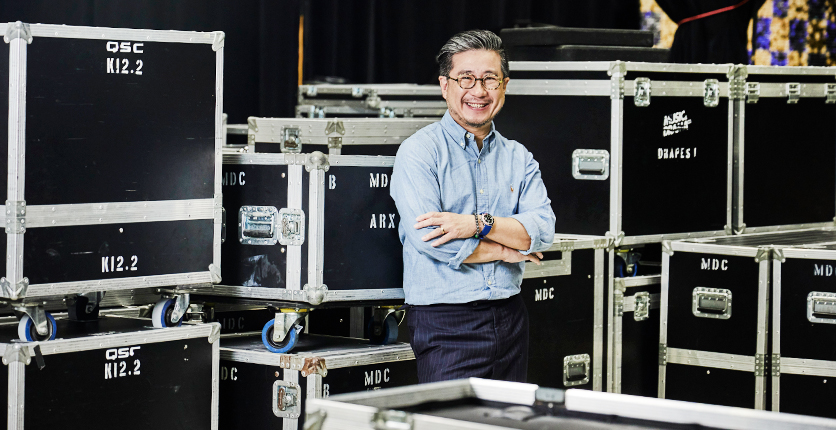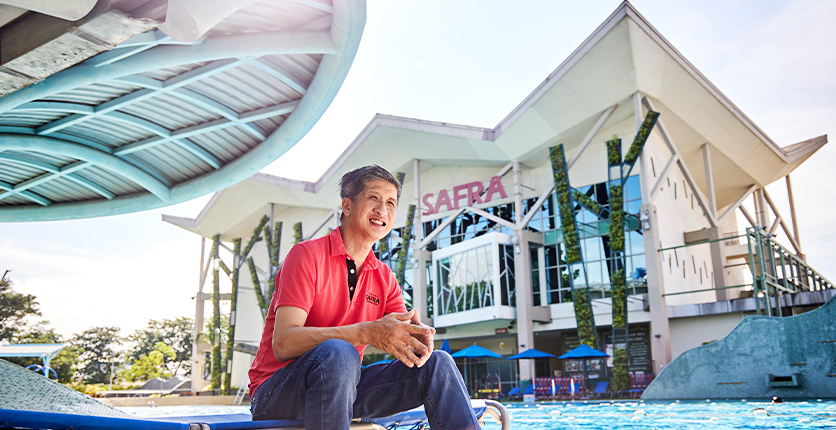“My team and I share a deep passion about ideas. There is something magical and powerful about a good idea,” avers Durwin Ho.
It’s no wonder Ho has been tasked to head HyperX, a global innovation programme jointly created by StartupX, a consultancy he cofounded, and Singapore-headquartered investment company Temasek to create new products and services to meet the rising challenges on global sustainability.
Unlike a regular hackathon, an ideation-only event, HyperX is a hackathon-to-accelerator programme, bridging ideas to reality from a hackathon to an accelerator. HyperX, which was launched in November 2019, will bring together global innovators and changemakers to build startups that can tackle the world’s most pressing sustainability problems.
“At the end of the day, what we want to do is to spur innovation and entrepreneurship in the community by encouraging more entrepreneurs to come forward and start building their ideas. HyperX provides that platform for sustainability-driven founders to get support, resources, access to funding and mentorship, no matter what stage their startup is at,” he says.
NSman chats with Ho to find out more about this sustainability project.
How was the HyperX hackathon incepted?
Hackathons are an elegant and beautiful way of igniting people’s creativity and sparking ideas. We have been immersed in the world of hackathons and startup-driven innovation for quite some time, and at every hackathon we ran, we witnessed how so many revolutionary ideas fizzle out without leaving any real impact just because they lacked the funding, mentorship and resources to grow. HyperX was conceived exactly to address this problem.
As an end-to-end hackcelerator, HyperX, which is centred around the concept of sustainability, ensures that these ideas can realise their potential. Our partners at Temasek also gave us the confidence that this was the right direction to take. By partnering innovative startups with influential movers and shakers in the sustainability space, we effectively catalysed the push towards greater innovation for sustainability.
Why the focus on sustainability in the programme?
Personally, sustainability is worth working on simply because it’s a topic of urgency that deserves our attention. HyperX was conceived with the clear aim of enabling technologies and solutions to achieve the United Nations Sustainable Development Goals. That is humanity’s roadmap to a sustainable future that encompasses social, cultural, economic and environmental aspects. This aligns with our belief that in order to build a better future together, tackling sustainability should not be limited to only the environmental aspects but all aspects of life.
What are the most interesting ideas you have seen so far?
If I had to narrow my choices down to just two, it would definitely have to be Meerks and Flatbread. As second runner-up at our HyperHack sustainability hackathon last year, Meerks’ sustainable, self-charging GPS tracker for elderly dementia patients deserves a second mention. Meerks ensures such patients can always be located at any given moment.
The other is related to migrant workers who are very much a part of Asia’s society. They are a group who are heavily exploited by middlemen agencies that draw them into debt by promising them a better future. Flatbread adopts technology to disrupt the middlemen in this industry, allowing migrant workers to access a platform to connect directly with future employers, and providing greater opportunities for blue-collar workers to seek employment overseas.
Update us on the programme at this juncture.
We are presently at an exciting phase: Our startup participants are going through weekly masterclasses and mentor meetings to refine their products in the run-up to Pitch Day. The startups’ performance on Pitch Day will determine which teams have the potential to continue growing in the programme, and those that succeed will receive a $10,000 equity-free funding boost to further accelerate their growth. This ensures that only the very best gets to pitch on Demo day in late April.
And we’re not done just yet. We will also be running the HyperScale accelerator, the last phase of the HyperX hackcelerator, to drive existing sustainability-driven innovations in the later half of this year.
What are sustainability issues that concern you most? Why?
The devastating scale of global warming has been quite explicit recently as seen from the Australian bushfires. Another issue that weighs heavily on my mind is how the world is responding to the global plastic crisis. Recycling has been the norm for decades but it has largely been ineffective.
How would you tackle the challenge of commercial viability?
I think we should tackle the problem by first and foremost having excellent business fundamentals. Without sound fundamentals, a business cannot survive, let alone expand. Which begs the question: Is a sustainable business really sustainable if it struggles to keep itself afloat? Only by having a good problem-and-solution can a business create positive impact consistently in the long run.
How important is it for Singapore to be a sustainable nation?
Very. Singapore, especially, has finite resources and we have to be prudent in how we spend those precious resources. As a country dependent on the global tradewinds and overseas imports to meet our food demand, striving towards a more sustainable future is of utmost concern for us.
Sustainability also has a sociocultural dimension. Singapore is founded on meritocracy and multiculturalism, and we would do well to pay attention to what sustainability entails in the sociocultural sense.
How does Singapore fare in terms of its sustainability efforts to date?
Pretty well thus far. We are seeing a growing number of ground-up and top-down initiatives championing sustainability on many fronts, but we still have ample room for improvement. Singapore’s energy consumption per capita is still among the highest in the world, and nearly 95 per cent of our energy comes from burning natural gas. There has been quite a buzz about high-tech vertical farming, and the present challenge lies with whether scaling these up can be sustainable.
The government encourages big companies and startups to push for sustainability, and provides the resources for it. We are seeing more and more young people getting involved and doing their part too. It is heartening and very endearing to see so many share such a noble cause.
What do you do to lead a sustainable lifestyle?
I try my best to only use reusable, environmentally friendly products whenever possible. I’m cutting down on the amount of single-use plastics I use on a regular basis, and always ask for no plastic cutlery (sometimes just a fork) when I order in with delivery services. As individuals, our personal actions are like drops in a vast ocean. Together, we can make waves and drive change on a bigger level.
How would you convince someone who believes that climate change is a hoax?
What I can do to try to educate them is to respect science and the plethora of evidence many people have gathered. Hoax or not, the evidence is there: The polar caps are melting, sea levels are rising, bushfires are getting worse each year, entire species are going extinct, and the air pollution in some cities are alarmingly hazardous. More importantly, what are we going to do about them?
